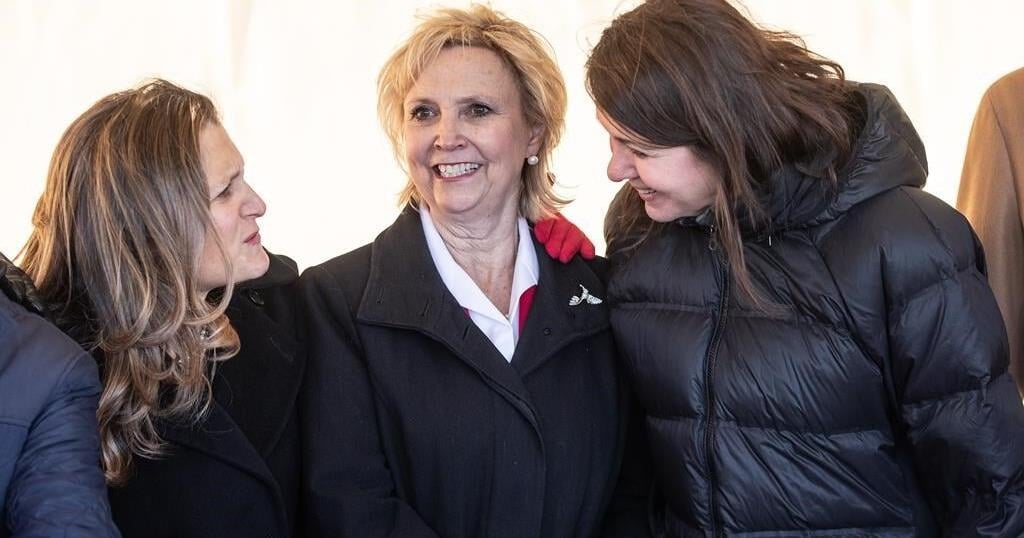KANSAS CITY, Mo. (AP) — Patrick Mahomes threw for 291 yards and three touchdowns, and Kareem Hunt pounded into the end zone from two yards out in overtime to give the unbeaten Kansas City Chiefs a 30-24 win over the Tampa Bay Buccaneers on Monday night.
DeAndre Hopkins had two touchdown receptions for the Chiefs (8-0), who drove through the rain for two fourth-quarter scores to take a 24-17 lead with 4:17 left. But then Kansas City watched as Baker Mayfield led the Bucs the other way in the final minute, hitting Ryan Miller in the end zone with 27 seconds to go in regulation time.
Tampa Bay (4-5) elected to kick the extra point and force overtime, rather than go for a two-point conversion and the win. And it cost the Buccaneers when Mayfield called tails and the coin flip was heads. Mahomes and the Chiefs took the ball, he was 5-for-5 passing on their drive in overtime, and Hunt finished his 106-yard rushing day with the deciding TD plunge.
Travis Kelce had 14 catches for 100 yards with girlfriend Taylor Swift watching from a suite, and Hopkins finished with eight catches for 86 yards as the Chiefs ran their winning streak to 14 dating to last season. They became the sixth Super Bowl champion to start 8-0 the following season.
Mayfield finished with 200 yards and two TDs passing for the Bucs, who have lost four of their last five.
It was a memorable first half for two players who had been waiting to play in Arrowhead Stadium.
The Bucs’ Rachaad White grew up about 10 minutes away in a tough part of Kansas City, but his family could never afford a ticket for him to see a game. He wound up on a circuitous path through Division II Nebraska-Kearney and a California junior college to Arizona State, where he eventually became of a third-round pick of Tampa Bay in the 2022 draft.
Two year later, White finally got into Arrowhead — and the end zone. He punctuated his seven-yard scoring run in the second quarter, which gave the Bucs a 7-3 lead, by nearly tossing the football into the second deck.
Then it was Hopkins’ turn in his first home game since arriving in Kansas City from a trade with the Titans.
The three-time All-Pro, who already had caught four passes, reeled in a third-down heave from Mahomes amid triple coverage for a 35-yard gain inside the Tampa Bay five-yard line. Three plays later, Mahomes found him in the back of the end zone, and Hopkins celebrated his first TD with the Chiefs with a dance from “Remember the Titans.”
Tampa Bay tried to seize control with consecutive scoring drives to start the second half. The first ended with a TD pass to Cade Otton, the latest tight end to shred the Chiefs, and Chase McLaughlin’s 47-yard field goal gave the Bucs a 17-10 lead.
The Chiefs answered in the fourth quarter. Mahomes marched them through the rain 70 yards for a tying touchdown pass, which he delivered to Samaje Perine while landing awkwardly and tweaking his left ankle, and then threw a laser to Hopkins on third-and-goal from the Buccaneers’ five-yard line to give Kansas City the lead.
Tampa Bay promptly went three-and-out, but its defence got the ball right back, and this time Mayfield calmly led his team down field. His capped the drive with a touchdown throw to Miller — his first career TD catch — with 27 seconds to go, and Tampa Bay elected to play for overtime.
UP NEXT
Buccaneers: Host the San Francisco 49ers on Sunday.
Chiefs: Host the Denver Broncos on Sunday.
—
AP NFL:
































